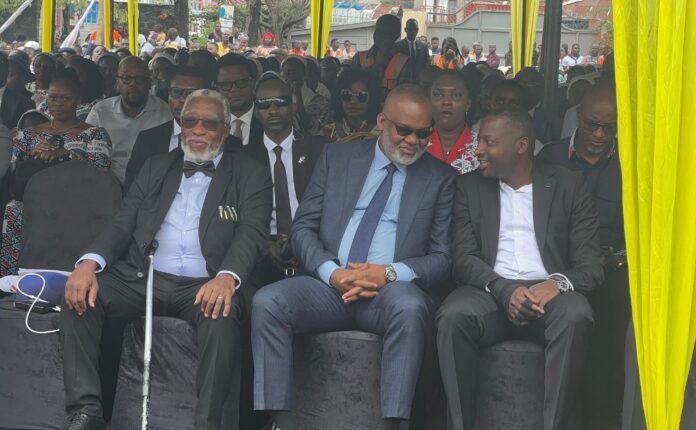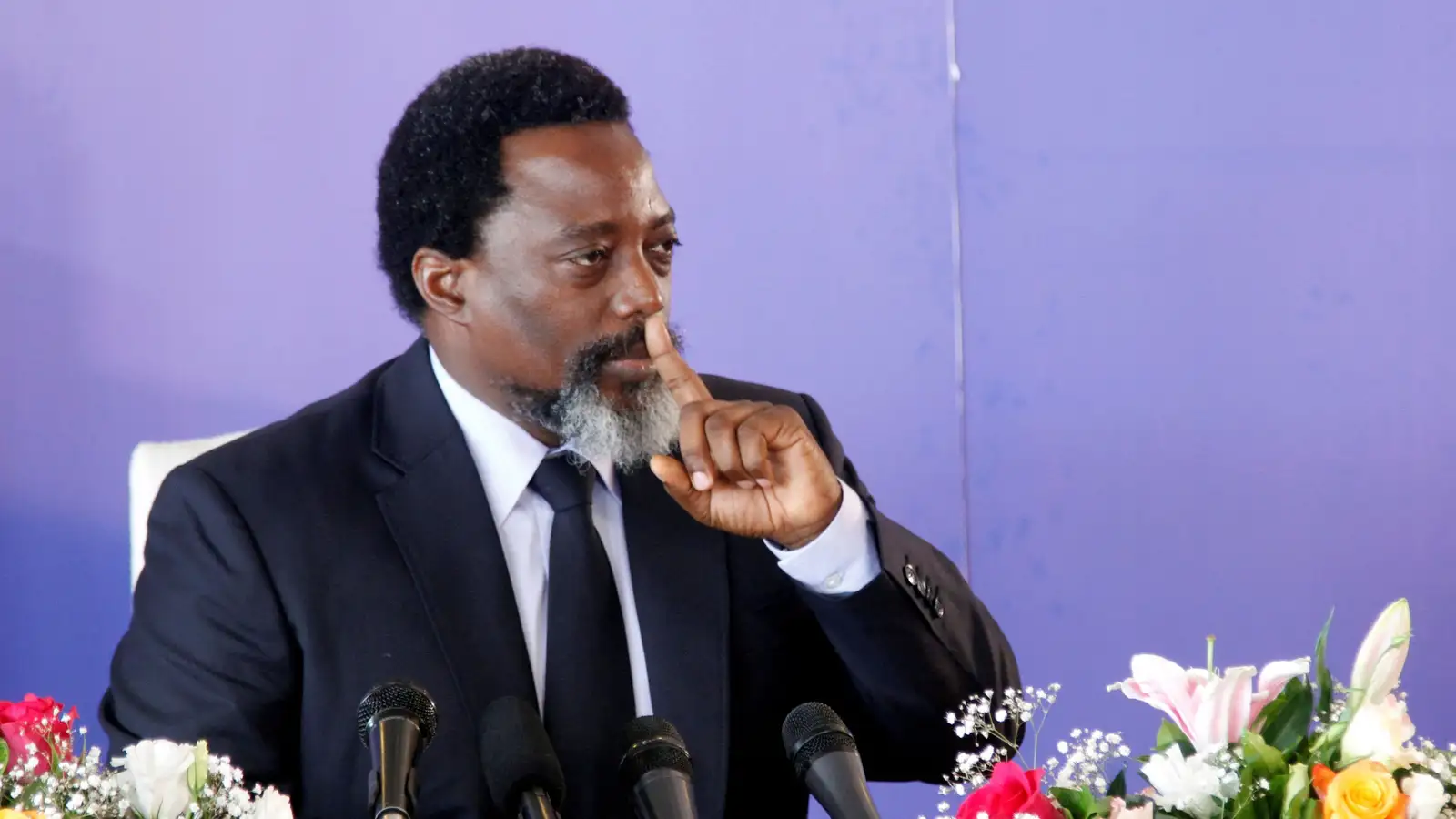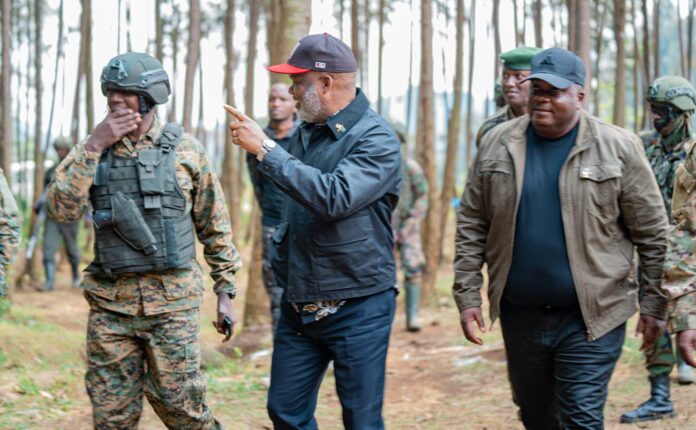Amidst the turmoil in Goma, the stakes extend far beyond a mere territorial conflict; they encompass the very survival of President Tshisekedi’s regime. Like a fragile house of cards, his administration teeters under the overwhelming weight of an existential crisis.
Note: Company, Blog, Church websites are free.
Should this strategic city, a precious jewel of the East, fall into the hands of the AFC/M23, it would be naïve to believe that Bukavu, the capital of South Kivu, could escape the same fate. Such a defeat would create a gaping wound in the heart of the nation. The AFC/M23, far from limiting themselves to military conquests, would inevitably begin administering the territories under their control, carving out a clear division within a state whose institutions, already crippled by impotence and corruption, would only accelerate its collapse.
Victory would transcend the military sphere to become institutional. In regions where the central government has long failed, the rebels would provide relative security and a semblance of order—sufficient to offer the disoriented population some stability.
This cruel irony underscores the tragedy: those who challenge Kinshasa’s authority often succeed in establishing governance where the state has failed, both militarily and symbolically.
The AFC/M23’s advance should not be viewed merely as a military expansion; it exposes the profound fissures within a state plagued by contradictions, negligence, and weaknesses. Institutional fragilities, forged over decades of poor governance, nepotism, and administrative decay, turn each defeat into a deepening wound.
Every lost city represents not just a geographical setback but a blow to the very notion of sovereignty—a dagger to the myth of an invincible state. As the collapse of authority spreads like gangrene, the resulting void becomes fertile ground for rebel forces, who seize it with unwavering determination, widening the chasm between an increasingly distant central power and the orphaned provinces.
In Goma, it is not merely a city that is falling, but the entire fragile edifice of the Republic. Its foundations, eroded by neglect and corruption, are cracking under the pressure of unfolding events. This is not just a battle; it is a tragic crossroads where the longevity of an incapable regime is at stake, witnessing its inevitable downfall.
In such dire circumstances, any prospect of negotiation appears utterly unrealistic, confronted by a regime more preoccupied with its political survival than with seeking solutions to alleviate tensions.
The Congolese army, marred by decades of incompetence, corruption, and disunity, proves utterly incapable of halting the rebels’ advance. This bleak assessment goes beyond mere military failure; it reflects a state engulfed in blind denial, systematically unable to acknowledge its own mistakes.
At the pinnacle of the state, a cacophony reigns, symptomatic of erratic and disordered management. Decisions are made hastily, lacking any coherent vision. Every action of the government, every disorganized move within this political morass, is merely a desperate attempt to forge ahead.
Kinshasa appears to be spiraling into a cycle of tactical blunders, multiplying errors and exacerbating tensions both domestically and with neighboring countries. Growing fears suggest that, as a last resort, the regime might resort to instrumentalizing violence—provoking incidents on Rwandan soil to divert global attention, transform a defeat into regional chaos, and, in a final gambit, hope to stave off collapse, even if only temporarily.
Against this bleak backdrop, one certainty emerges like a desperate cry in the silence of the night: although the rebels remain over 1,500 kilometers from Kinshasa, the survival of Tshisekedi’s regime now hangs by a thread. This is not merely a battle for Goma; it is a trial of truth, a final confrontation with an unrelenting reality.
Miscalculations, willful blindness, and the denial of on-the-ground realities gradually condemn the regime to isolation and impotence.
At this historical crossroads, the future of the Democratic Republic of the Congo appears to hinge not only on the struggle for power but also on the regime’s capacity—or inability—to reinvent a model of governance.
History, which now seems suspended, may soon judge this administration for its flaws, failures, and inability to seize the opportunity for a reformation that alone could preserve what remains of national unity.



